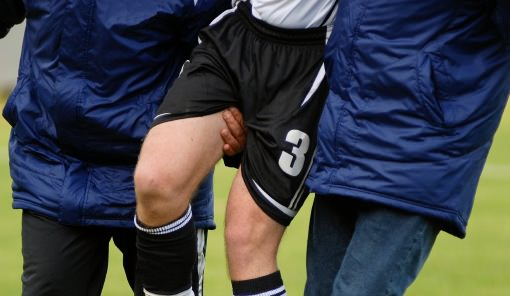College athletes who play contact sports such as football and soccer are more likely to carry the superbug methicillin-resistant Staphylococcus aureus (MRSA).
“This study shows that even outside of a full scale outbreak, when athletes are healthy and there are no infections, there are still a substantial number of them who are colonized with these potentially harmful bacteria,” Natalia Jimenez-Truque, PhD, MSCI, research instructor, at Vanderbilt University Medical Center in Nashville, Tenn., said in a press release put out by the Infectious Disease Society of America. “Sports teams can decrease the spread of MRSA by encouraging good hygiene in their athletes, including frequent hand washing and avoiding sharing towels and personal items such as soap and razors.”
Scientists analyzed the time it took before the athletes contracted MRSA and how long they stayed infected.
The researchers studied 377 male and female student athletes from Vanderbilt University varsity teams in 14 different sports, including 224 who played contact sports such as football, soccer, basketball, and lacrosse.
The rest of the student athletes played non-contact sports, such as baseball, cross country, and golf. Each athlete would receive a monthly nasal and throat swab.
The study also found that contact athletes acquired MRSA more quickly and were colonized longer than non-contact athletes.
MRSA is a bacterium that is resistant to many antibiotics. It is a leading cause of skin and soft tissue infections.
Athletes can reduce the risk of spreading MRSA by covering any open wounds, wash their hands regularly, shower after all practices and games, and not share razors or other personal equipment.
Scientists recommend that athletes with cuts and scratches should not practice or play in games and that towels and clothes should be washed every day.
Agencies/Canadajournal
 Canada Journal – News of the World Articles and videos to bring you the biggest Canadian news stories from across the country every day
Canada Journal – News of the World Articles and videos to bring you the biggest Canadian news stories from across the country every day



